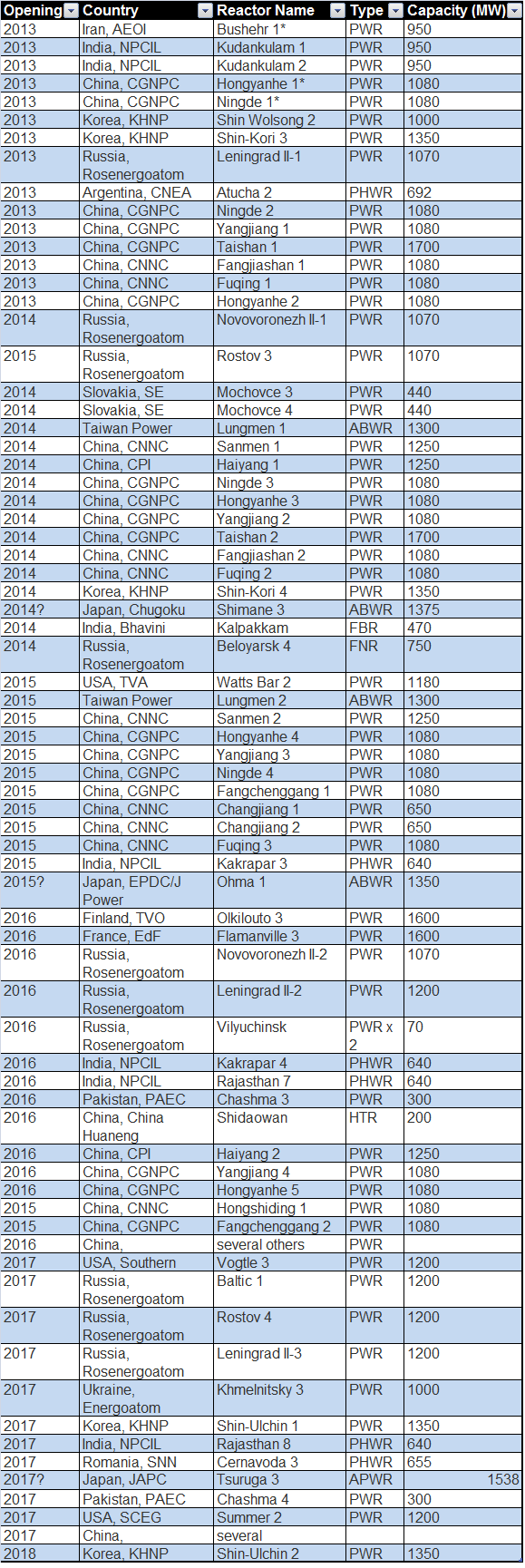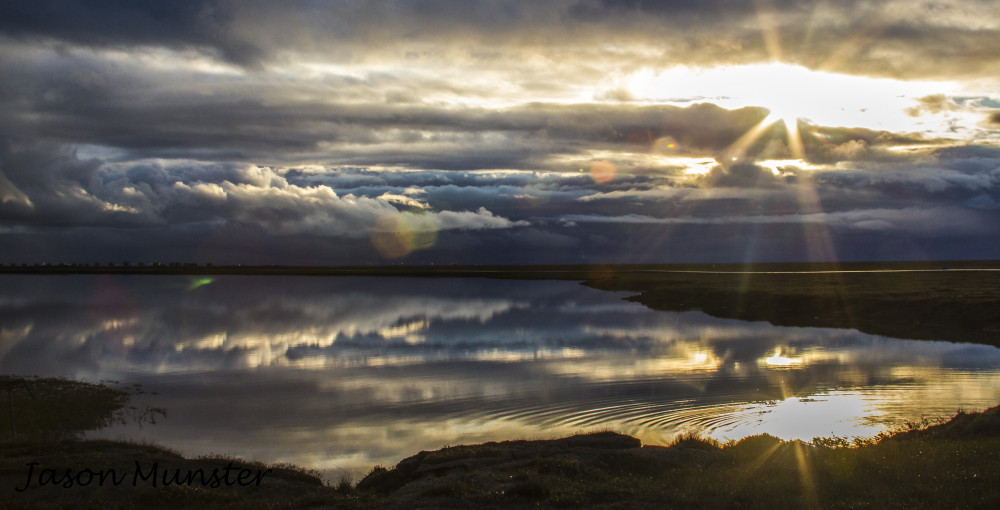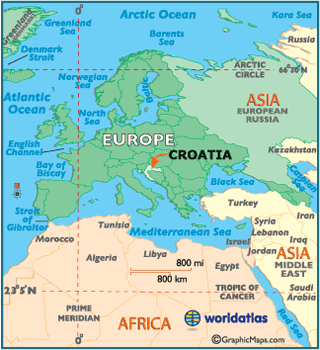No. It isn't.
Let's explore this more. In a country that already has a well-developed electrical grid / electricity distribution system (sorry, much of Africa), doesn't have ideas based on fear about how dangerous nuclear power is (European and North American countries, +Japan), and doesn't have a terrorism issue (proliferation), nuclear power is the cheapest and least polluting type.
Okay, so where can we find a country that meets this description? How bout Croatia, where some scientists did some probabilistic modeling on this?
From the results of the simulations it can be concluded that the distribution of levelized bus bar costs for the combined cycle gas plant is in the range 4.5–8 US cents/kWh, with a most probable value of about 5.8 US cents/kWh; for coal-fired plants the corresponding values are 4.5–6.3 US cents/kWh and 5.2 US cents/kWh and for the nuclear power plant the corresponding values are in the range 4.2–5.8 US cents/kWh and a most probable value of about 4.8 US cents/kWh.
Let me sum this up. In Croatia, nuclear power is likely going to be the cheapest source. Plus is doesn't pollute and kill people like gas or coal.
Why do we face a different situation in the US and Europe? Easy. I've mentioned it before. There is so much concern about the safety of nuclear power that each construction gets mired in legal battles. The legal battles themselves don't cost much. What costs a ton is that these power plants took out $8 billion in loans, meant to be paid back over 10 years. Those loans accrue interest. If legal hurtles slow the construction of the plant down and it takes 15 years instead, those extra 5 years of loans are gonna have several extra billions in interest to pay. Suddenly the cost of power produced goes up.
These costs need to be paid back. The only way to pay back higher than anticipated costs would be to charge more for nuclear power.
So it's safe to say that stalling the construction of a nuclear power plant can effectively prevent it from ever getting built. Now we are in a situation where no one wants to fund a power plant, because the chance of it being slowed and made unprofitable is a bit higher.
Sometimes there are just plain time overruns. The US hasn't build nuclear power plants in years. Our companies barely know how to do it. Our people haven't been trained in colleges and universities to build nuclear power plants. We just don't have the nuclear engineers we would need to make a nuclear renaissance happen, and we'd need several nuclear power plants built before we finally get the hang of it. So there will be a learning curve. Would you want to fund that learning curve? Probably not when natural gas is so cheap in the US.
Are we gonna get there any time soon? Not without a major policy shift. Let's look at planned nuclear power plants worldwide:

Planned nuclear power plants. Image mine, constructed from data available here
So um... Good job, China. US? Not so much. 32 of the 72 nuclear power plants scheduled to come on-line in the next 5 years are in China. 4 are in the US.
Nuclear power will be more expensive than gas (and coal) power in the US unless 3 things happen:
1. We account for the annual loss of life and increase in asthma and heart disease associated with gas power plants.
2. We start building nuclear power plants now, training a cadre of engineers and speciality construction personnel to finish power plants quickly, safely, properly, and on time (the first few will be finished slowly, behind schedule, but still safe and properly complete, cause lots of eyes will be on them)
3. We continue to build enough of them so that the future ones are build on time and for less expense, driving down the cost of nuclear power to competitive levels (especially when accounting for the external costs of pollution and CO2 from gas and coal).
Thanks for reading!
- Jason Munster

